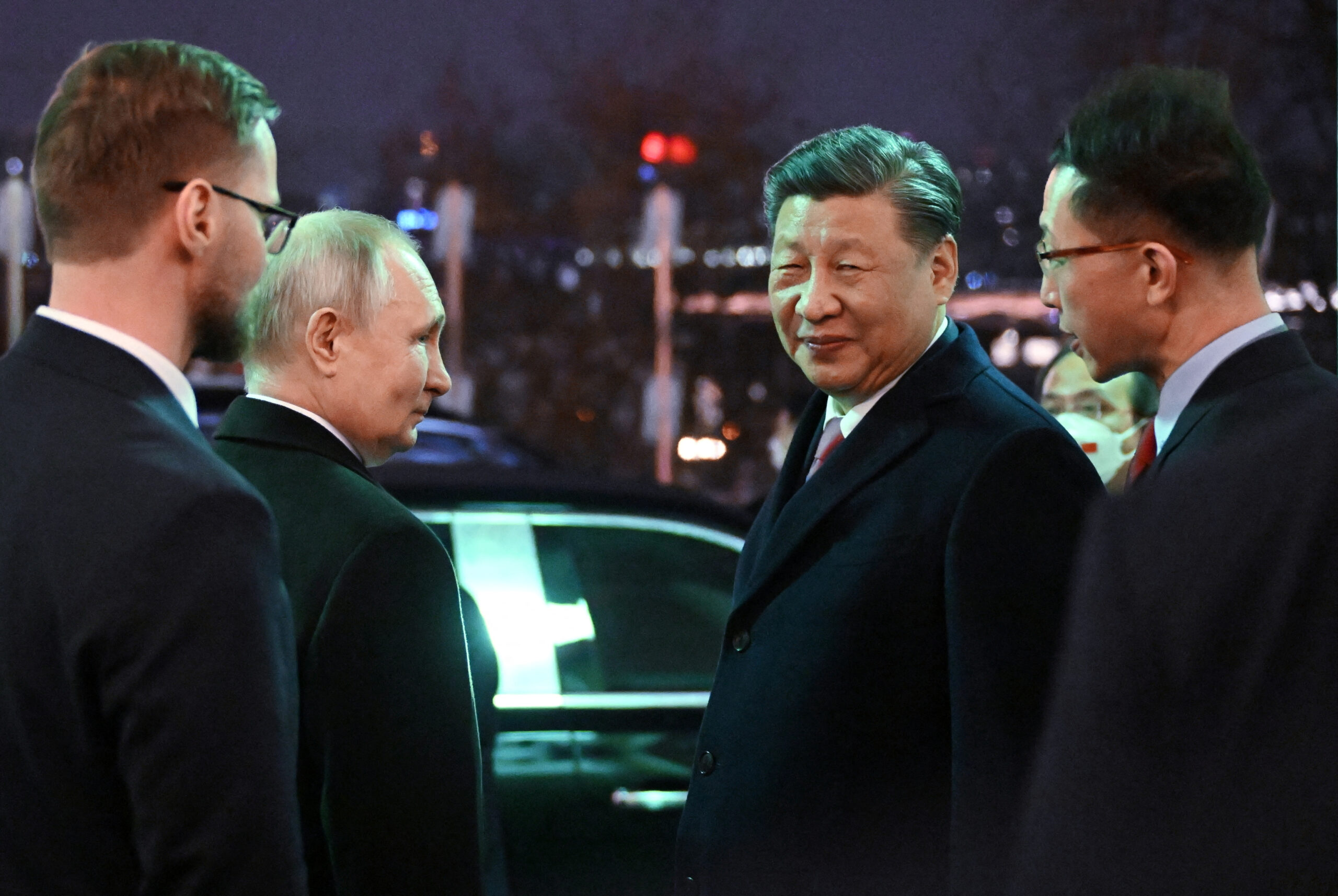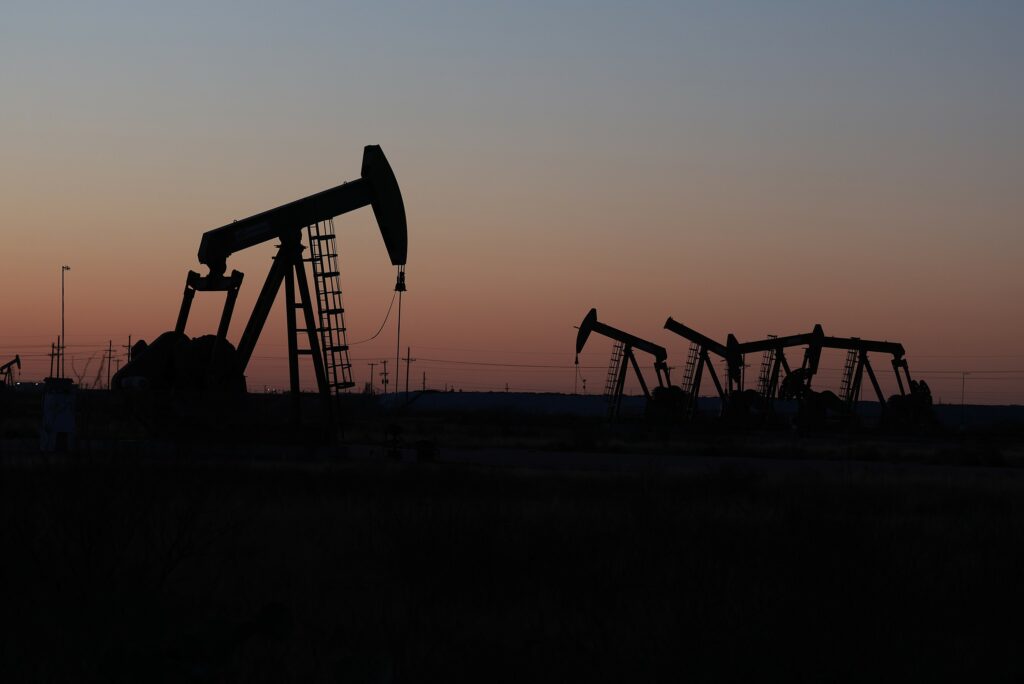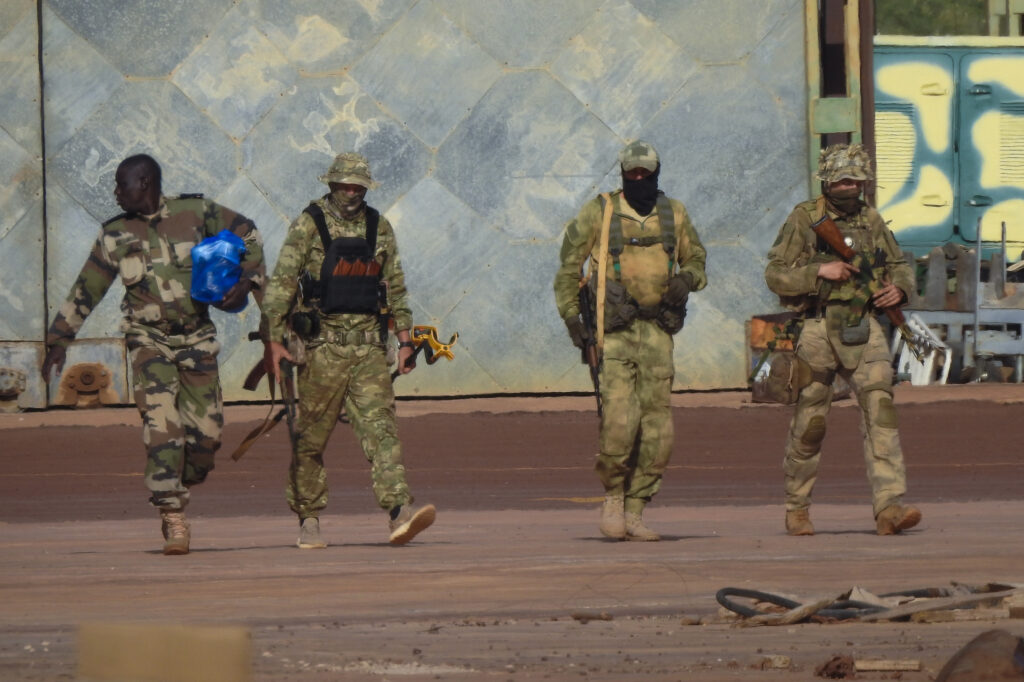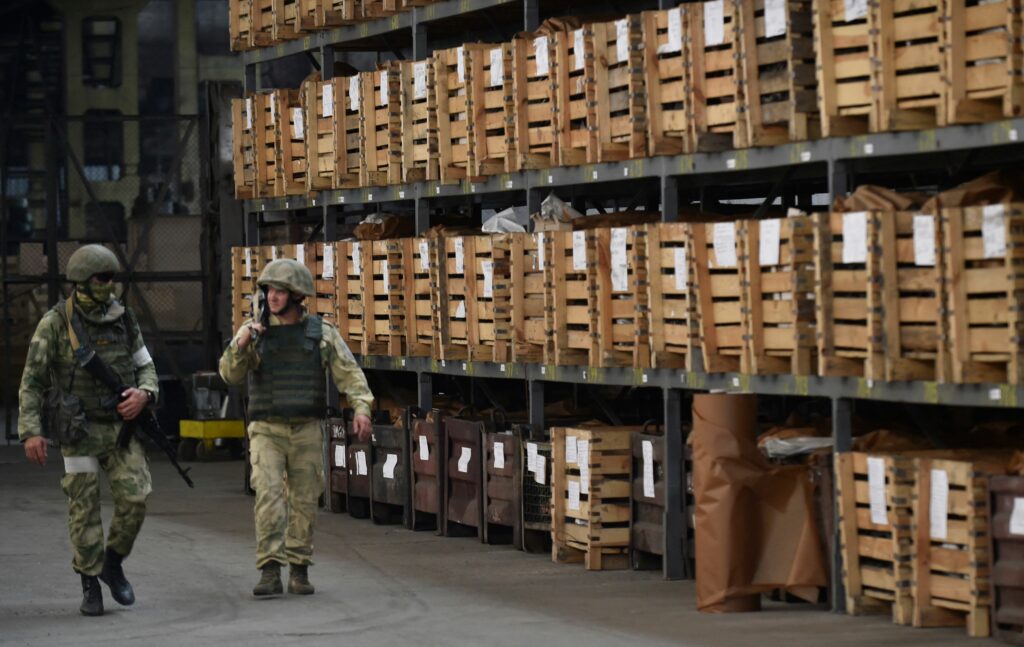The Russian news media’s main set piece event of March 2023 was without doubt Xi Jinping’s two-day state visit to Moscow. The sheer volume of commentary before, during and after Xi’s talks with Putin shows a consensus on how the trip had a significance beyond its ceremonial pageantry. Yet what exactly was its significance? The reactions so far in Russia have been rather conflicted.
In the English-speaking world, commentators seemed to interpret the visit as a completion of China’s domination over Russia, the moment where Russia becomes a vassal of China, or as an instance of Putin’s failure to get what he wants from Xi. At the same time, other commentators see the shoe completely on the other foot, arguing that it was in fact Xi who became dependent on Putin: his open support for Putin’s reelection in 2024 makes Xi partly responsible for continuing Putin’s presidency and everything that it brings along, including the war in Ukraine. Elsewhere, Russia watchers like Mark Galeotti have highlighted how China’s prominent role in the war could give it unexpected headaches, while some have given more attention to the increasing role of the yuan in Russia’s trading and reserves.
Russia’s media have churned out similar volumes of newsprint — and expectedly, this visit was characterized positively. But if we are to look at what exactly was praised by Russian academics and experts, then there is no unified narrative emerging.
Was there a «breakthrough»?
Take the question of what the most important result of Xi’s visit to Moscow. The easiest part for Russian commentators was to agree that this visit was symbolically important as a sign of solidarity with Moscow and support to Vladimir Putin during these «hard times». Yet this could be said about a visit of any leader of a major power to a warring nation. So, what was the actual support and was there any breakthrough?
An academic and editor-in-chief of «Russia in Asia Pacific» Vladimir Larin speaks of «global significance» of this visit: «in the current confrontation, this visit symbolizes the formation of a coalition around which forces interested in building a new world order will rally». By contrast, the director of the department of Asia and Africa in Moscow State University, Alexei Maslov, believes that major breakthrough was in fact achieved in «matters of energy and hydrocarbon supplies». Vasily Kashin, director of the Center for Comprehensive European and International Studies at the Higher School of Economics, notes that «Xi’s visit was a demonstrative gesture of support for Moscow against the background of the special military operation and cannot be interpreted otherwise,» explaining how the confrontation between China and the United States finally deprived Beijing of the opportunity to remain neutral, pushing it toward «close economic, technological and military-industrial binding of Russia and China to each other». Offering yet another interpretation is Andrey Kortunov, who sees the trip in terms of China’s peacekeeping potential.
It would also be fair to note that some experts get less carried away by wider significance, characterizing the visit simply as a «working meeting» and being unfazed by the absence of «any breakthroughs at this particular meeting».
«Formation of a coalition»
Let us consider the range of these theses separately.
The notion that Russia and China together will build a «new order», a «multipolar world» or the recently popular «Greater Eurasia» has been written about by Russian experts and international affairs specialists for years now. Yet crucially, the question of what exactly the March visit of Xi added to this vague discussion is unclear. Russian experts, by the way, as well as international ones, cannot agree on the exact status of these relations. Vasily Kashin is sure that this is already «more than an alliance», Fyodor Lukyanov, on the other hand, argues that neither Russia nor China are inclined to enter into alliances — emphasizing that neither Moscow nor Beijing want to make commitments and value most of all «freedom of action and the maximum degree of sovereignty». Other experts believe that since Russia and China have «a common enemy that wants to destroy us» then the formalities are secondary — relations, regardless of labels, must be mutually beneficial and partner-like. Common interests are enough to keep this relationship evolving.
Some experts turn to quantitative analysis to figure out the level of friendship; they literally count how many times one called the other a friend, count the number of meetings, and propose that the very fact of Xi’s «first» diplomatic visit was to Russia (after reelection), proves how in the hierarchy of China’s partners, Russia stands out as the most important.
Bottom line — nothing fresh to go on. And if nothing new happened in terms of the world order within the framework of this meeting, then was the economic part of the meeting was where the action happened?
Where is the gas?
Contrary to the statements of some experts about the successful acceptance of the parameters of the «Force of Siberia 2» — nothing of the kind happened. The Kremlin reported that «almost all the parameters» had been agreed upon and that the topic had been discussed by the heads of the two countries. Yet from Xi, no specifics on this topic were indicated. Even if the project were in fact fully approved then and there, its construction of actual pipelines would take at least a decade. «Power of Siberia 1» was built in 5 years, and the project «Power of Siberia 2» is more than three times longer in length. In other words, no matter how much Moscow wishes otherwise, it cannot compensate for falling gas exports to the EU.
From what we know for a fact: a number of intergovernmental agreements and memorandums were signed which does not in any way lead to an economic breakthrough. Despite how Russia’s economic dependence on China is growing, China allows itself to constantly forget about the «great friendship.» Instead, fearing getting caught up in sanctions, China still cuts off the most important economic loopholes for Russia to bypass the sanctions regime promoted by Western countries. Indeed, just two days after the end of the meeting between Putin and Xi, it became known that China’s largest logistics company had stopped working with Russia. In fairness, even before the sanctions and the war, China was not interested in investing heavily in Russia: over the past 10 years, China has invested at least $ 1 trillion in the countries of the «one belt and road», and only $ 13 billon in Russia over the same period.
Did China agree to support Putin in the war in Ukraine?
Russian military expert Vasily Kashin writes that Xi’s visit to Moscow against the background of the Russian war in Ukraine should be interpreted as support for Russia’s position, and that the decisions taken at this meeting will lead to «a close military-industrial link between Russia and China.» Kashin believes that the time when China tried to «not cross the line» and not provoke a strong reaction from Washington has passed, mentioning the issue of arms supplies. It is possible that the HSE expert got acquainted with recent Politico materials which prove that arms deliveries are already taking place. Lukyanov also agrees with the general message of Kashin, considering China’s assistance to Russia on this issue will increase.
If Kashin is indeed right, and China is ready to «cross the line,» then Andrei Kortunov, who writes that China is interested in mediating a peace settlement between Russia and Ukraine, is too optimistic.
Nevertheless, it can be assumed that China is really ready to mediate on the terms that will satisfy Moscow — but it seems that it is more important for Beijing to prevent the «collective West from defeating Russia.» In any case, the deepening of the «military-industrial link» between Russia and China does little to present China as a trusted intermediary between Moscow and Kyiv.
What I want is what I see
The fundamental difference between assessments in the English-speaking world and in Russia is not at all surprising. But it really looks peculiar when Russian experts, foreign affairs specialists and sinologists sum up the visit of the Chinese leader to Moscow in such different ways. One way or another, everyone assesses the visit positively — but they deviated massively in crucial details. Essentially, Russian analysis on this issue lacks specifics and is often full of old slogans. Apparently, either some of them have access to the details of the negotiations, which are completely unknown to the rest of us (unlikely) or due to the need to confirm their previous assumptions — and for propagandistic effect — they are ready to add any color they can to the results of Xi’s «symbolic» but otherwise cautious visit to his «good friend» Putin.










